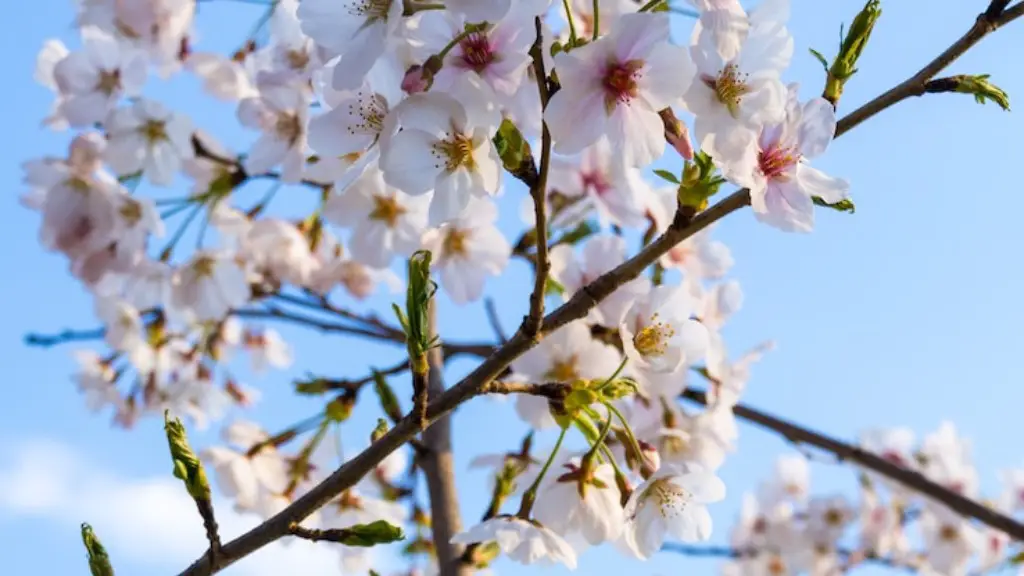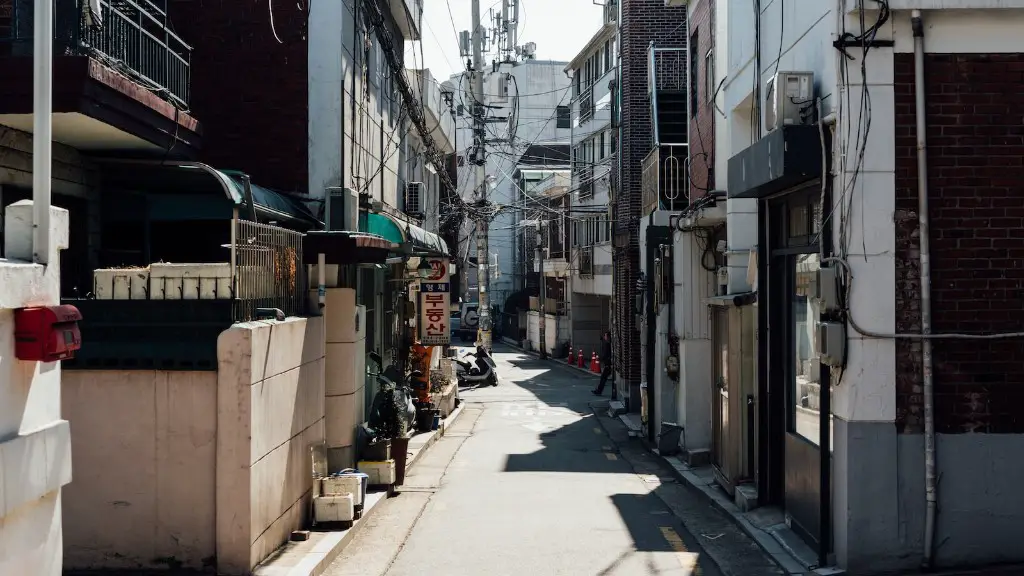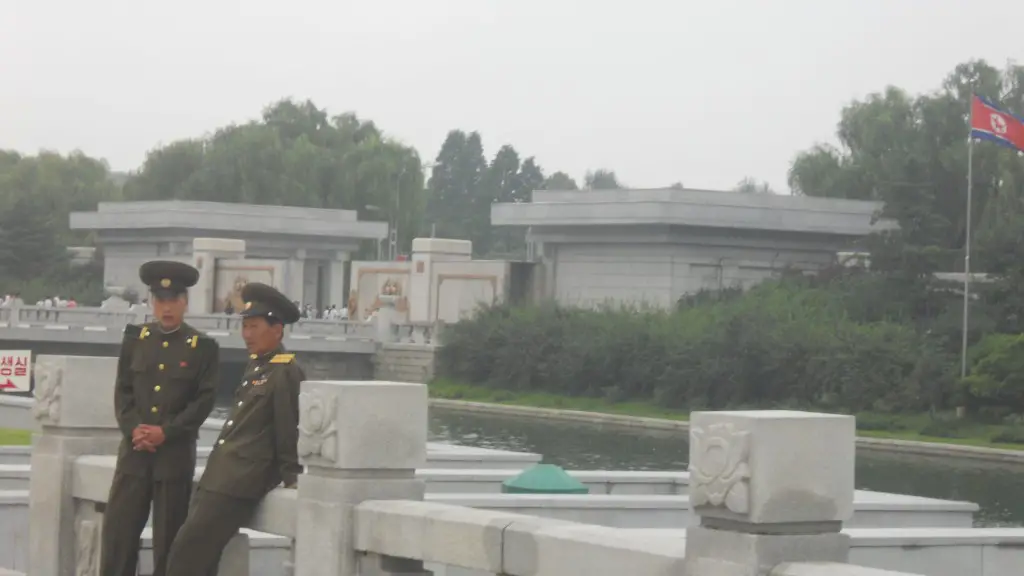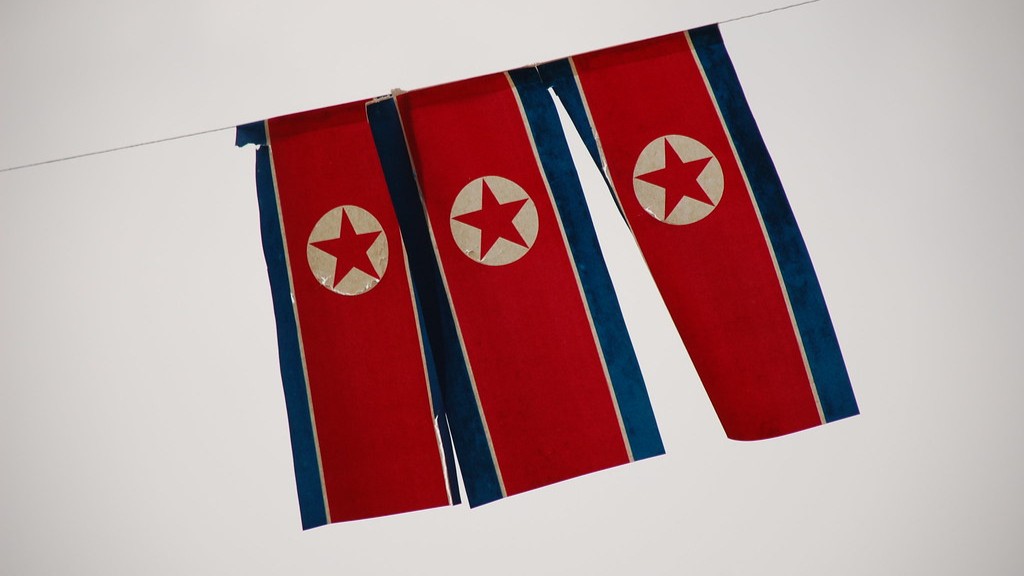Introduction
The United States of America has a long history of providing aid to struggling countries across the world, including through food aid. This article examines the issue of food aid to North Korea and the complex factors that have so far prevented the United States from providing it directly. It further explores the history of food aid to North Korea and looks at the potential implications of any future direct food aid from the US.
The Complexities of Food Aid to North Korea
The United States has been providing food aid to North Korea since 2000 through international charities, but direct food aid from the US government has been largely blocked. Part of the reason for this is the complicated political relationship between the two countries and the nuclear disarmament talks that have been ongoing since the 1990s. This has made the US hesitant to provide direct food aid to North Korea, as it is seen as a potential reward or concession that could weaken their negotiating position.
The US has also raised concerns about the effectiveness of food aid in North Korea, given the government’s lack of transparency. Questions have been raised about whether food will reach those in need and not be used for political reasons. There are fears that any direct food aid from the US would be used for political gain by the North Korean government, rather than to alleviate poverty.
The History of Food Aid to North Korea
Food aid to North Korea has been ongoing since the early 1990s, when the country was hit by a devastating famine. By 2000, the United Nations Children’s Fund (UNICEF) began working with the government to provide food aid, and this was supplemented by donations from the US government and other international donors. This aid was able to save many lives, but it was not without its problems.
Questions have been raised about the efficacy of the aid, with reports of persistent food shortages and obstructions in the aid delivery process. Furthermore, the US was reluctant to provide food aid directly to North Korea due to the government’s lack of transparency and the concerns that it would be used for political gain.
Recent Developments in Food Aid to North Korea
In recent years, the US has taken a slightly more nuanced approach to food aid and has started providing assistance through international organizations such as the World Food Program (WFP). The WFP has been able to deliver food despite the political obstacles, helping to feed millions of North Koreans and reduce the prevalence of hunger in the country.
This has been welcomed by many aid organizations, who have noted that food aid is an essential part of any attempt to improve the quality of life for those living in North Korea. However, the US continues to be hesitant about providing food aid directly and has resisted calls to do so.
The Potential Impact of Direct US Food Aid to North Korea
There has been much debate over whether it would be beneficial for the US to provide direct food aid to North Korea. Proponents of this policy argue that it could improve the quality of life for North Koreans and contribute to peace and stability in the region. They also point out that North Korea is in need of basic food staples and any help from the US would be welcomed by those in need.
However, opponents of the policy raise concerns about the potential for food aid to be used for political gain. They fear that such aid would weaken the United States’ negotiating position and potentially give North Korea an advantage in the disarmament talks. Ultimately, the US government has yet to make a decision on whether to provide food aid directly to North Korea.
Former US Food Aid to North Korea
Prior to 2000, the United States provided food aid to North Korea through organizations such as the United Nations High Commissioner for Refugees. This food aid was frequently blocked or delayed by North Korea, as was the case in 1995 when North Korea attempted to extract political concessions in return for the successful delivery of food aid. This highlighted the difficulties of providing food aid to North Korea via third party organizations.
In spite of these difficulties, organizations such as the WFP were able to get food aid to those in need, albeit in limited quantities. This has been recognised by organizations such as the Red Cross, who have praised the WFP’s efforts and advocated for more direct aid from the US government.
US Food Aid Programs for North Korea
Despite the ongoing political tensions between the US and North Korea, there have been some limited efforts to provide food aid directly from the United States. This has largely taken the form of ‘food-for-work’ programs, which have seen US funding go towards large-scale infrastructure projects in North Korea in exchange for food. This has been beneficial in some respects, providing work for the North Korean people and enabling them to earn money in the process.
At the same time, such programs have been criticized for not directly addressing the food security of North Koreans and for providing a political windfall to the North Korean government. As such, they are seen as inadequate in comparison to more direct food aid.
International Pressure on US to Provide Direct Aid
International organizations such as the United Nations have continued to call for direct food aid to North Korea from the United States. This has been coupled with calls for the US government to provide more comprehensive assistance to the North Korean people, including aid to help the country improve its agricultural and infrastructure systems. These international calls have been met with resistance from the US, who have so far been hesitant to provide direct food aid.
Nevertheless, calls for the US to take a leading role in providing aid to North Korea have been growing in recent years. This has been coupled with greater recognition of the need for more comprehensive and transparent aid programs, as well as a shift towards direct food aid from the US.
Conclusion
US food aid to North Korea has long been a controversial and politically charged issue. It has so far been largely blocked due to the complicated political relationship between the two countries, as well as the US government’s concerns about the effectiveness of food aid and the potential for it to be used for political gain. However, there have been some limited food aid programs, as well as calls from the international community for the US to take a leading role in providing aid. Ultimately, the US government has yet to make a decision on whether to provide food aid directly to North Korea.




